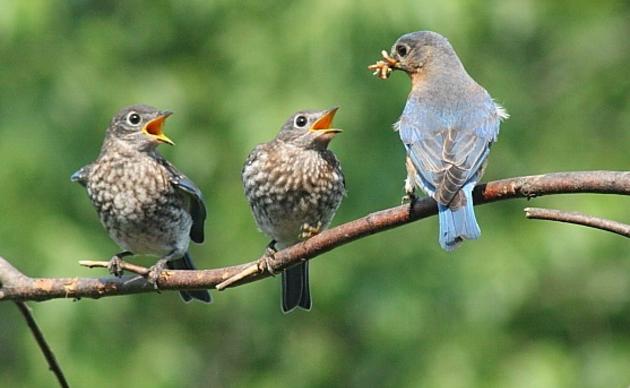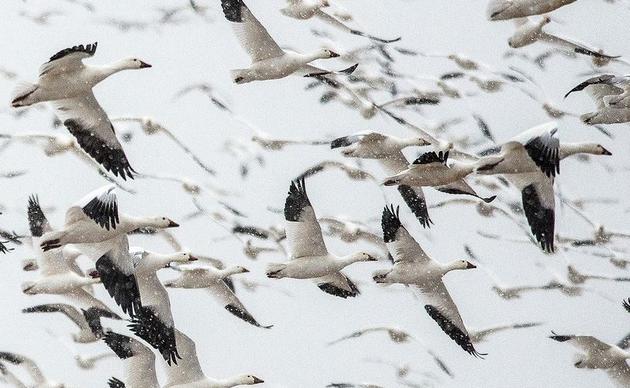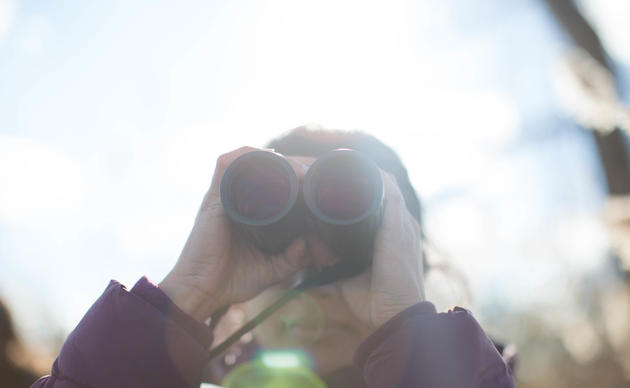Reports of sick and dying birds with vision problems, eye swelling (often with a crusty discharge), and neurological symptoms have been confirmed in CT, IN, KY, MD, NJ, OH, PA, and WV. This illness is different from the conjunctivitis condition known as “finch eye disease,” but the exact cause is currently unknown. The illness seems to be most common in juvenile Common Grackles, Blue Jays, European Starlings, and American Robins.
While the unknown disease affecting birds has not yet been identified in New York, our office has received photo and verbal reports from members regarding birds exhibiting eye swelling/crusting. We ask that you please share reports with your Regional DEC Wildlife office. Click here for more information on reporting dead or sick animals.
Some state agencies from affected states have recently indicated that local reports of cases of this bird illness may be waning. However, USGS National Wildlife Health Center, in partnership with diagnostic labs and agencies, still has not identified the cause of the illness affecting birds throughout the East Coast.
In New York, the DEC has not officially recommended removing bird feeders and baths. Audubon supports the recommendations shared by the USGS National Wildlife Health Center to remove feeders and bird baths as a precautionary measure.
If you have decided to put your feeders and baths up, please follow these maintenance guidelines:
1. Clean feeders and bird baths with soap and water at least once a week, then disinfect with a 10% bleach solution to prevent potential infectious disease spread between birds and other wildlife.
2. After cleaning, rinse well with water and allow to air-dry.
3. When handling bird feeders and baths be sure to wear disposable gloves and wash your hands when finished.
4. Keep pets away from sick or dead birds as a standard precaution.
5. To dispose of dead birds, place them in a sealable plastic bag and discard with household trash. This will prevent disease transmission to other birds and wildlife.
Won’t it cause additional harm to remove birdfeeders that are familiar food sources for backyard birds?
Many of you may have concerns about ensuring birds have access to familiar food sources, including birdfeeders. We understand and want to provide a bit of reassurance that the impacts of these temporary precautions will have minimal impacts on the birds you love. Fortunately, it’s the summer breeding season and most bird species are relying on caterpillars and other insects to feed their young, natural food sources that are readily available in nature. Additionally, birds are resilient and crafty creatures who will adapt to changes in food supplies with relative ease, finding new opportunities when familiar options are no longer available. We hope this issue is identified and resolved as soon as possible and you can resume the use of feeders. In the meantime, for the safety of the birds, we encourage everyone to work together and err on the side of caution.
Audubon continues to follow this news and any updates from the DEC, and will update our members if anything changes.



